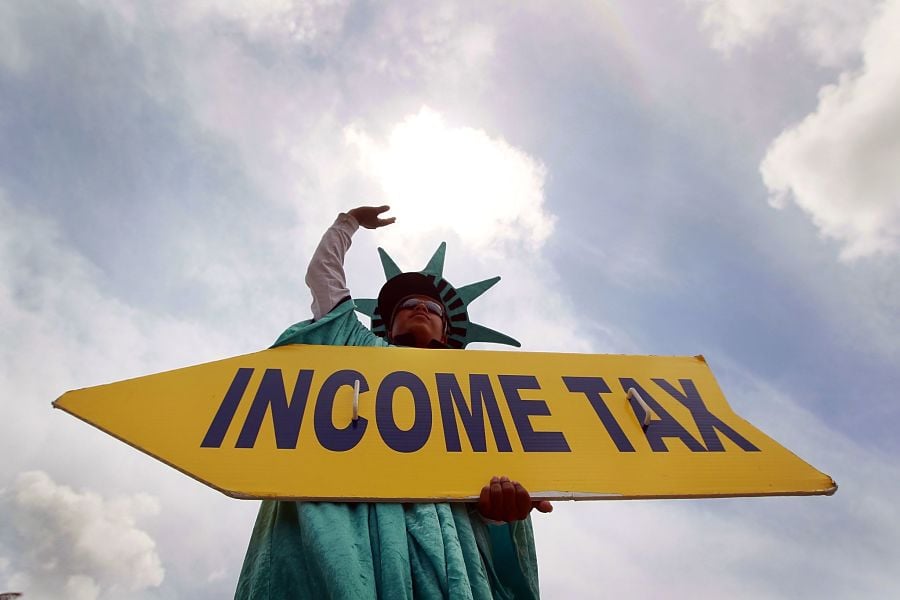

More than half -- 55% -- of those who have worked remotely during the pandemic are unaware that a failure to change their state tax withholding to reflect their remote work situation could result in tax consequences, a survey from the American Institute of CPAs has found.
Since 42% of American currently employed have worked remotely at some point during the COVID-19 pandemic, the number of people who could see their tax situation change is large, said the American Institute of CPAs, which noted that working remotely can have tax implications that vary from state to state.
The survey of more than 2,000 adults conducted in October by The Harris Poll, found that 71% were not aware that working remotely in other states can have an impact on the amount of state taxes they owe.
In addition, 54% were unaware that the number of days worked outside of the state where their physical workplace is located may also affect the amount of state taxes owed.
The AICPA recommends that remote workers compile a list of states in which they worked remotely during 2020, track or approximate the number of days worked in each state, and check those states’ tax withholding requirements.

Relationships are key to our business but advisors are often slow to engage in specific activities designed to foster them.

Whichever path you go down, act now while you're still in control.

Pro-bitcoin professionals, however, say the cryptocurrency has ushered in change.

“LPL has evolved significantly over the last decade and still wants to scale up,” says one industry executive.

Survey findings from the Nationwide Retirement Institute offers pearls of planning wisdom from 60- to 65-year-olds, as well as insights into concerns.
Streamline your outreach with Aidentified's AI-driven solutions
This season’s market volatility: Positioning for rate relief, income growth and the AI rebound
